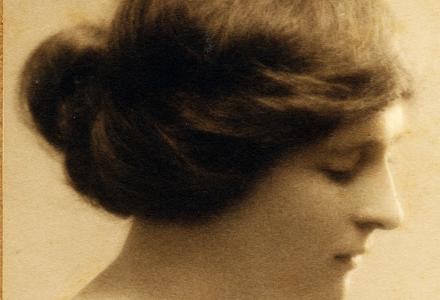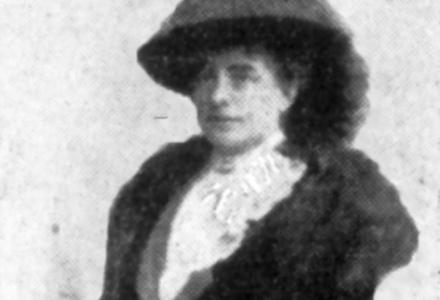Walter Dexter was one of twelve Army chaplains charged with the spiritual care of the First AIF.
He watched the Gallipoli Landing, but was forbidden to go ashore with the men. He passed that day (and many to follow) tending to the wounded.
In his time at Gallipoli, ‘Bill’ Dexter (as most came to call him) became a surrogate father to his men. He was the first chaplain to land and the last to leave, tending the boys as best he could through several squalid months on the peninsula.
By June, Anzac was one long graveyard; the trenches of the living often carved through the bodies of the dead. Men marked the final resting places of ‘the fallen’ as best they could, a line of stones laid on the heaped earth, a name scratched on a beaten jam tin, and ‘pathetic little crosses’. With the August Offensive came a new spree of killing. As the trenches of Lone Pine filled with bodies and maggots, Dexter and the chaplains who worked beside him buried what he called ‘miles of dead’.
When the time came to evacuate, leaving the dead behind was one of the hardest tasks the Anzacs faced. Dexter spent his last days on the peninsula ‘searching the hills and gullies seeking isolated graves’, carefully marking their location in his diary. In time, Dexter knew Anzac would become a place of pilgrimage.
Dexter went on to serve in France and Belgium. He was awarded the Military Cross for ‘zeal and devotion to duty’, visiting frontline troops, and tending to the stricken and wounded ‘regardless of personal risk’. Right to the end, the fighting parson shared the hardships of his flock. Walter Dexter, like many of the men he served, failed as a soldier settler and his death in 1950 was hastened by exposure to gas.



